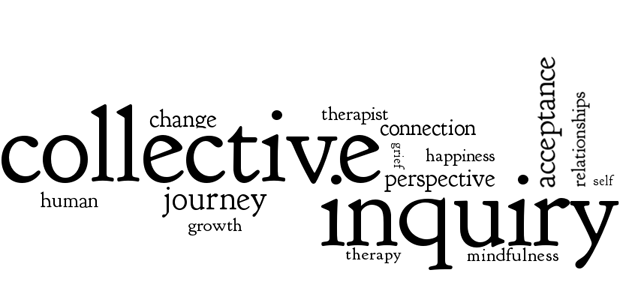


Last week, my husband and I adopted our first puppy.She is a 2-month-old bundle that has completely stolen our hearts (or at least the half our cat doesn’t own). This puppy has been a source of not only joy but also complete exhaustion. She has left us both incredibly sleepy and – let’s face it – grumpy.
On Sunday morning, I was up very early with the puppy, and I was running on just a few hours of sleep. The puppy tried to nibble on everything in sight, and I just wanted to close my eyes for a moment. As the clock ticked away, I began to feel resentful that my husband was still sleeping.
When he did wake up, he graciously took over puppy duties. Yet, I still sulked around feeling bitter. I kept thinking, “Why have I been the one to get up with her every morning?” I walked around the house feeling irritated, and all of my statements had a harsh edge to them. Each time he did something, I righteously thought of a reason why it was wrong. I’m sure I even gave the hefty sigh that he recognizes as a sign that something is wrong.
Suddenly, I recognized what I was doing. I wanted him to feel guilty for not doing more to help out that morning. I wanted him to feel bad so that he wouldn’t do it again. Or worse, I wanted him to feel just as crummy as I felt in that moment.
“Where there’s injustice, I always believed in fighting. The question is, do you fight to change things or to punish?” –Gandhi
How many times do we try to punish others for hurting us? Regardless of whether the harm was intentional, our own pain or frustration often makes us want others to feel the same way. Whether this hurt is a small interaction such as my interaction with my husband or a large-scale phenomenon as Gandhi was fighting, we have a choice in how to behave.
Will punishing those who have hurt us make us feel better? No. Will they be less likely to hurt you again? Maybe, but probably not. When we are upset with others, we need to talk about it in a way that brings about change. This conversation could include making requests (“It would be helpful if…”) or simply talking about how we feel (“I feel frustrated when…”).
Uncomfortable feelings, such as anger, disappointment, or fear, have the power to make us lash out at others in an attempt to punish. The key is to recognize this force before it happens. Think about your behavior, and determine if it will actually bring the change you want to see.
You have a choice. Make it a positive one.
Share your thoughts
One Thought About To Change Things or To Punish?